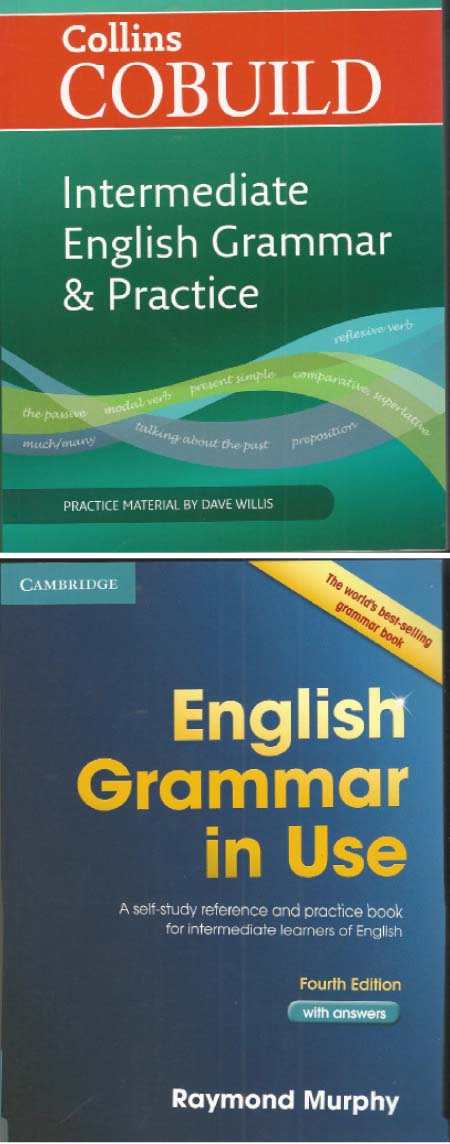
Collins Cobuild Intermediate English Grammar and Practice
IMMENSE strides have been made in The Gambia in recent years towards increasing level s of literacy. Yet after schooling most people don’t read much, apart from newspapers. They don’t have easy access to books, and anyway can’t afford them. Most people still think of books as tools for schools and exams rather than as sources of personal pleasure.
Here is a book that should appeal, because it is entirely practical. It seeks to help you improve your English. Collins’s ‘Intermediate English Grammar and practice’ is an educational book for adults, useful in class or at home.
Twenty-six years or so ago, Cambridge University Press published a new-style grammar textbook by Raymond Murphy, teacher of English for young adult foreigners at an Oxford Language school.
Murphy’s books and its revised successors have become world best-sellers. Its layout is simple: each left-hand page explains a grammatical point. Each immediate right-hand page provides exercises, so that you can check how far you’ve understood; and the answers are at the back of the book.
Murphy can’t of course, claim copyright for his layout, and the Collins book we’re reviewing here is a rival, parallel in almost every way-first published in 2004.
In both books, you don’t need to start at the beginning and work towards the end. You simply turn to whichever aspect of English you feel you need to know and use better.
You can check your understanding and progress in any aspect of grammar by trying the ‘back of extra exercises’ at the end.
For the purpose of this review we sought to contrast Collins with Murphy, comparing their respective treatments of, say the present perfect tense (so often under-used and misused).
Unfortunately, Murphy is sold out at Timbooktoo bookshop (bought in bulk by local educational establishment).
Let’s see what Collins has to say about the present perfect tense:
You use the present perfect…… when you are concerned with the present effects of something which happened at a time in the past, or which started in the past but is still continuing. There’s further explanation, of course-as clear as can be.
Test yourself with this review’s own exercises. Which of the following five sentences use the present perfect correctly?
I haven’t seen peter last week.
Have you ever learnt French?
The minister has opened the new department in May.
Have they really lived here for ten years?
I’ve just dropped my pen.
Collins is perhaps inadequate in dealing with phrasal verbs (get on, get over, get by, get across, get in, get off, etc) which are so integral to the English language.
But if you want to brush up your English, try Collins – or Murphy! They are both user- friendly and use the grammar and vocabulary of modern, every speech.
Answers to the little phrasal verb above: Sentences 2, 4 and 5 are correct . No 1 is wrong, because last week is over. The sentence should be amended to ‘I didn’t see peter last week.’ Similarly, sentence 3 is wrong. May is over, rewrite: ‘The minister opened the new department last week.’
If you haven’t scored well, you should perhaps buy Collins or Murphy.You will thank me trust me
Call Timbooktoo tel 4494345.




